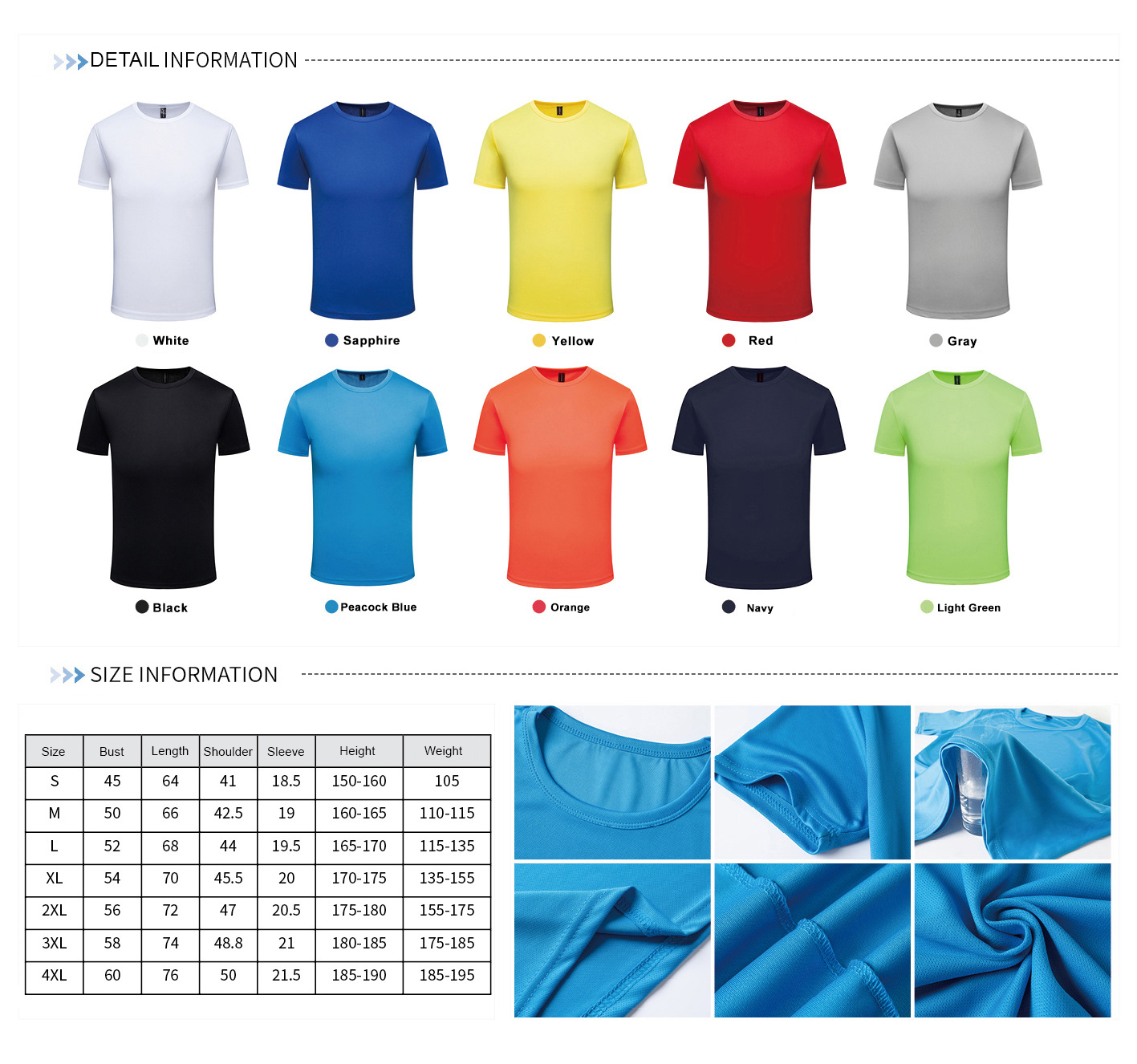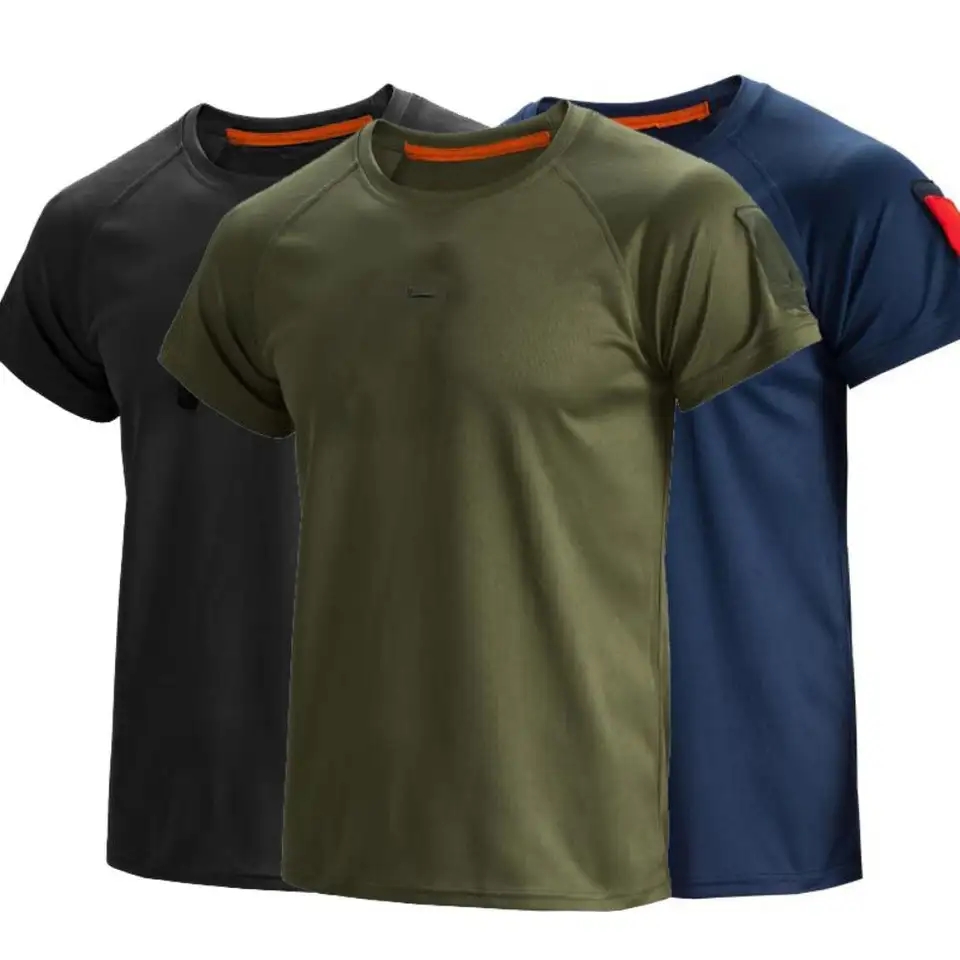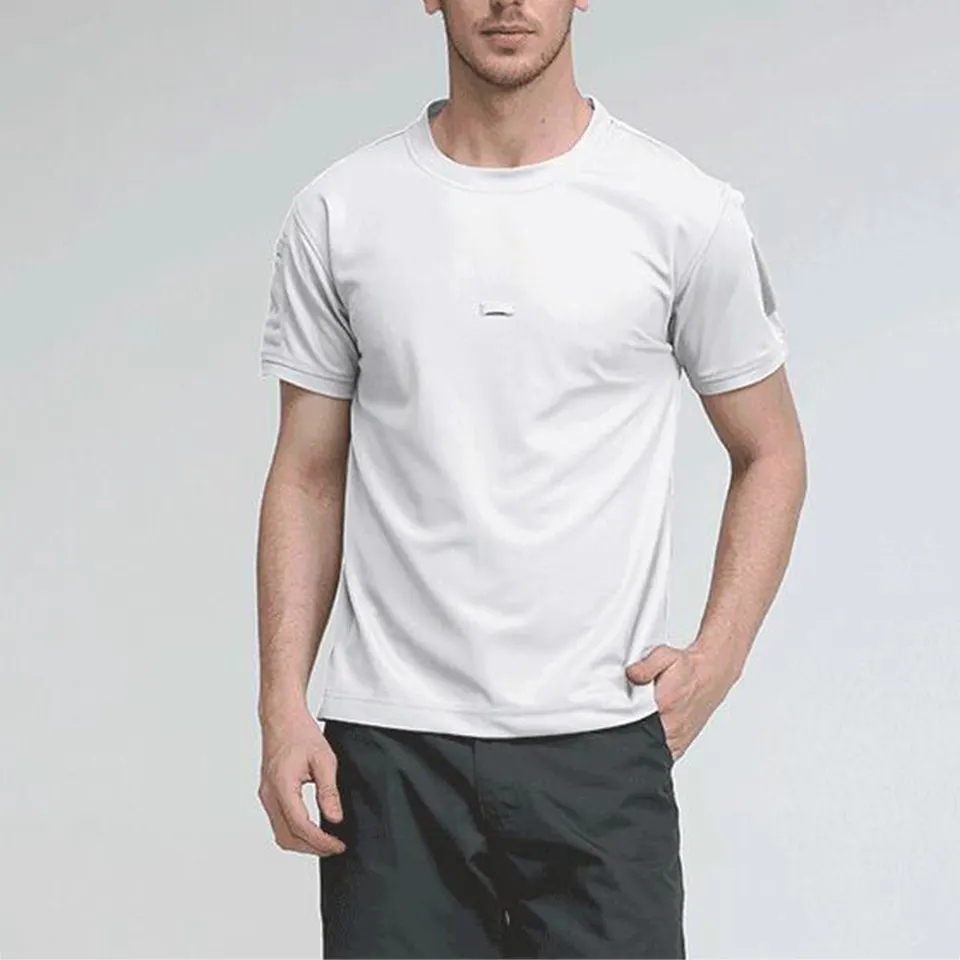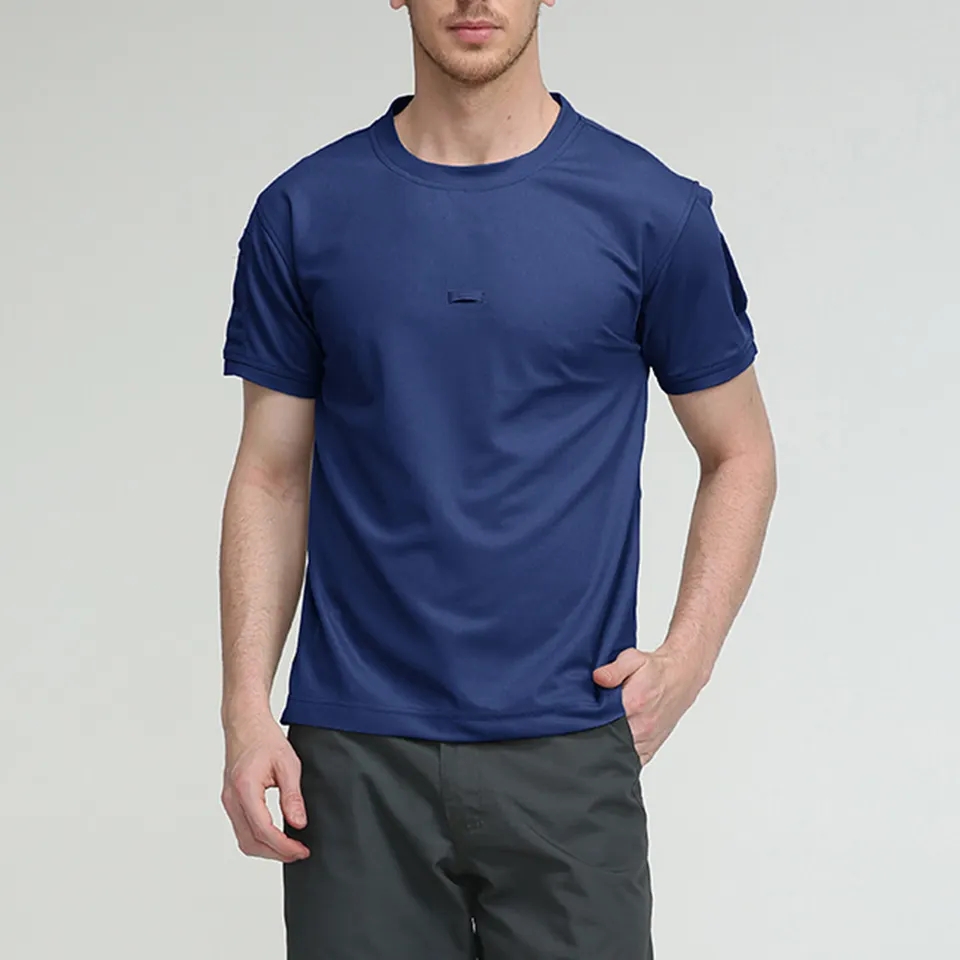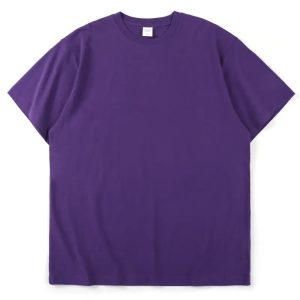The Evolution of Sports Shirts: A Journey Through Time
Introduction: The history of sports shirts is a fascinating journey that spans centuries, reflecting the evolution of sports, fashion, and cultural trends. What started as simple attire for athletes has evolved into a powerful symbol of identity, unity, and innovation. From humble beginnings to the cutting-edge designs of today, this article takes a chronological look at the remarkable evolution of sports shirts, tracing their transformation from functional garments to iconic pieces of sports culture.
1. Early Roots and Utilitarian Function (19th Century): The early sports shirts were basic in design and primarily served functional purposes. In the late 19th century, cricket and rugby teams donned simple, long-sleeved cotton shirts to differentiate themselves from their opponents. These shirts were devoid of logos or numbers, reflecting the rudimentary nature of sports apparel during that time.
2. Embracing Team Identity (Early 20th Century): As team sports gained popularity in the early 20th century, sports shirts began to feature team colors, logos, and numbers. This move towards team identity allowed players and fans alike to proudly display their allegiance. Additionally, sports shirts became shorter in length to accommodate the increasing demands of physical performance.
3. Integration of Sponsorship and Branding (Mid-20th Century): The mid-20th century saw a significant shift in the commercialization of sports shirts. Brands began to recognize the marketing potential of sports apparel and started to sponsor teams and athletes. This integration of branding allowed for more intricate designs and introduced a new dimension to sports shirts as a canvas for advertising.
4. Technological Advancements (Late 20th Century): The latter part of the 20th century brought about technological advancements in sports apparel. Synthetic materials like polyester replaced traditional cotton, enhancing performance by offering moisture-wicking properties and improved breathability. Sports shirts became lighter, more durable, and better suited for the demands of modern sports.
5. Fashion and Global Influence (Late 20th to 21st Century): With the increasing popularity of sports worldwide, sports shirts started to transcend the playing field and entered the realm of fashion. Fans began wearing sports shirts casually, even when not attending matches. Fashion-forward designs and collaborations with renowned designers further elevated the status of sports shirts as trendy and stylish apparel.
6. Personalization and Customization (21st Century): The 21st century brought a new era of personalization and customization in sports shirts. Fans now have the opportunity to add their names, player numbers, and even personalized messages to their shirts. This customization fosters a deeper emotional connection between fans and their favorite teams and athletes.
7. Sustainability and Social Impact (Present Day): In recent years, sports shirts have also embraced sustainability and social responsibility. Brands are increasingly using eco-friendly materials and promoting fair labor practices in their manufacturing processes. Additionally, sports shirts are now being used to raise awareness for social causes, empowering fans to support charitable initiatives.
Conclusion: The journey of sports shirts is a testament to the ever-changing landscape of sports, fashion, and societal values. From simple cotton shirts to high-tech, personalized apparel, sports shirts have mirrored the evolution of sports culture and its impact on global communities. Today, sports shirts not only represent team allegiance but also embody innovation, identity, and a commitment to sustainable practices. As sports continue to captivate hearts worldwide, sports shirts will undoubtedly remain an iconic symbol of unity, passion, and the timeless spirit of athleticism.

